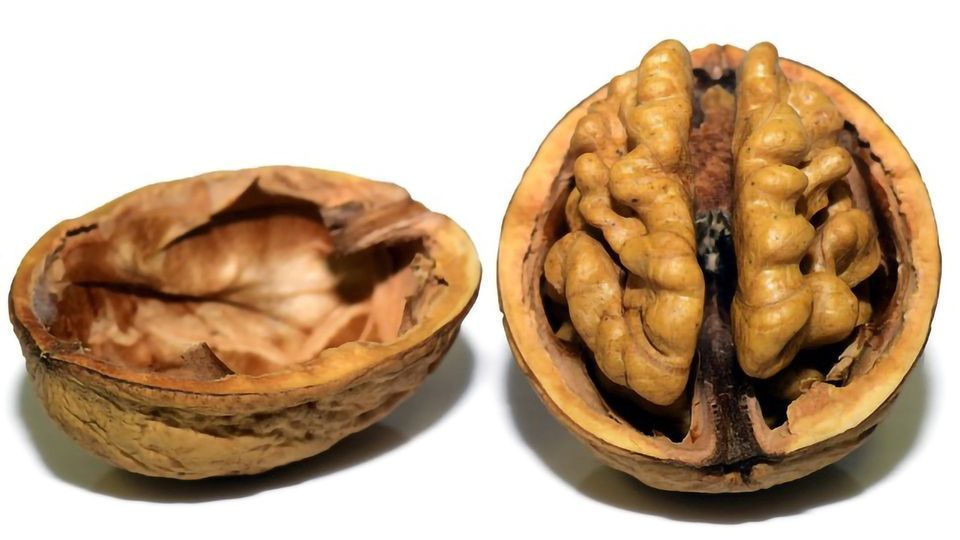What Food You Eat Could Impact Your Brain and Memory

Complete the form below to unlock access to ALL audio articles.
You may be familiar with the saying, "You are what you eat," but did you know the food you eat could impact your memory?
Auriel Willette, assistant professor, and his team of researchers in Iowa State University's Department of Food Science and Human Nutrition discovered a satiety hormone that, at higher levels, could decrease a person's likelihood of developing Alzheimer's disease. A paper outlining the results of their study recently was accepted for publication in Neurobiology of Aging.
Using data from the Alzheimer's Disease Neuroimaging Initiative (ADNI), the researchers looked at the satiety hormone, Cholecystokinin (CCK), in 287 people. CCK is found in both the small intestines and the brain. In the small intestines, CCK allows for the absorption of fats and proteins. In the brain, CCK is located in the hippocampus, which is the memory-forming region of the brain, Willette said.
The researchers found for individuals who have higher CCK levels, their chance of having mild cognitive impairment, a precursor state to Alzheimer's disease, or Alzheimer's disease decreased by 65 percent.
"It will hopefully help to shed further light on how satiety hormones in the blood and brain affect brain function," Willette said.
Why CCK?
Alexandra Plagman, lead author and graduate student in nutritional science, said they chose to focus on CCK because it is highly expressed in memory formation. The researchers wanted to see if there was any significance between levels of CCK and levels of memory and gray matter in the hippocampus and other important areas.
They also looked p-tau and tau proteins, which are thought to be toxic to the brain, to see how these might impact CCK and memory. They found that as tau levels increased, higher CCK was no longer related to less memory decline.
The researchers hope this study will encourage others to look into the nutritional aspect of diets, versus just looking at caloric intake. Plagman already is looking at how diet impacts an individual's CCK levels through researching fasting glucose and ketone bodies.
"By looking at the nutritional aspect, we can tell if a certain diet could prevent Alzheimer's disease or prevent progression of the disease," Plagman said.
"The regulation of when and how much we eat can have some association with how good our memory is," Willette added. "Bottom line: what we eat and what our body does with it affects our brain."
This article has been republished from materials provided by the Iowa State University. Note: material may have been edited for length and content. For further information, please contact the cited source.
Reference:
Alexandra Plagman, Siobhan Hoscheidt, Kelsey E. McLimans, Brandon Klinedinst, Colleen Pappas, Vellareddy Anantharam, Anumantha Kanthasamy, Auriel A. Willette. Cholecystokinin and Alzheimer’s Disease: A Biomarker of Metabolic Function, Neural Integrity, and Cognitive Performance. Neurobiology of Aging, 2019; DOI: 10.1016/j.neurobiolaging.2019.01.002

